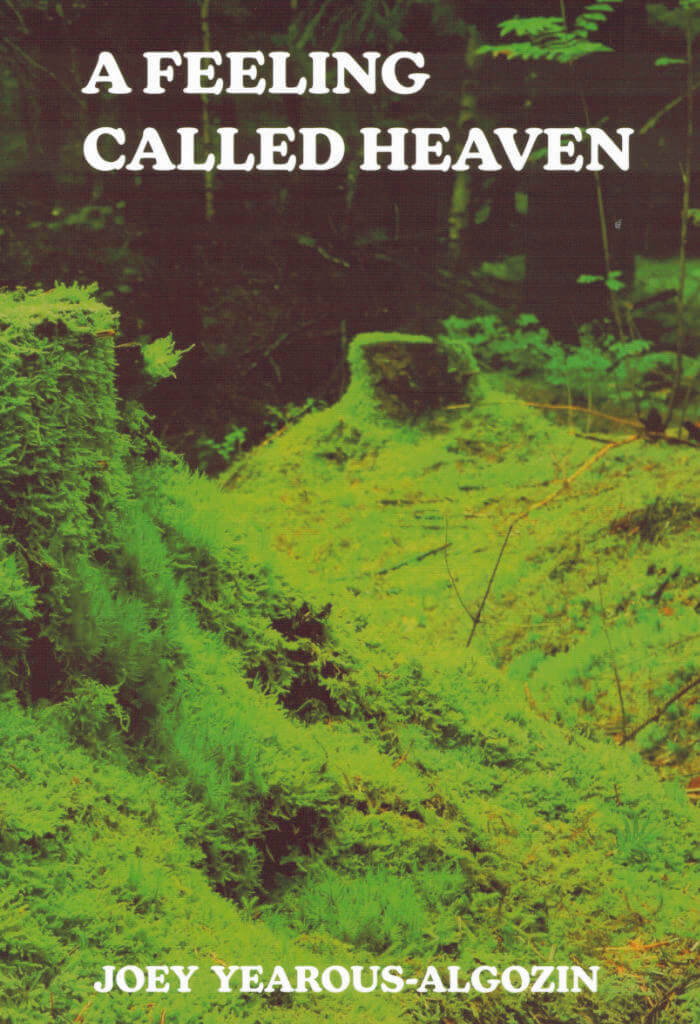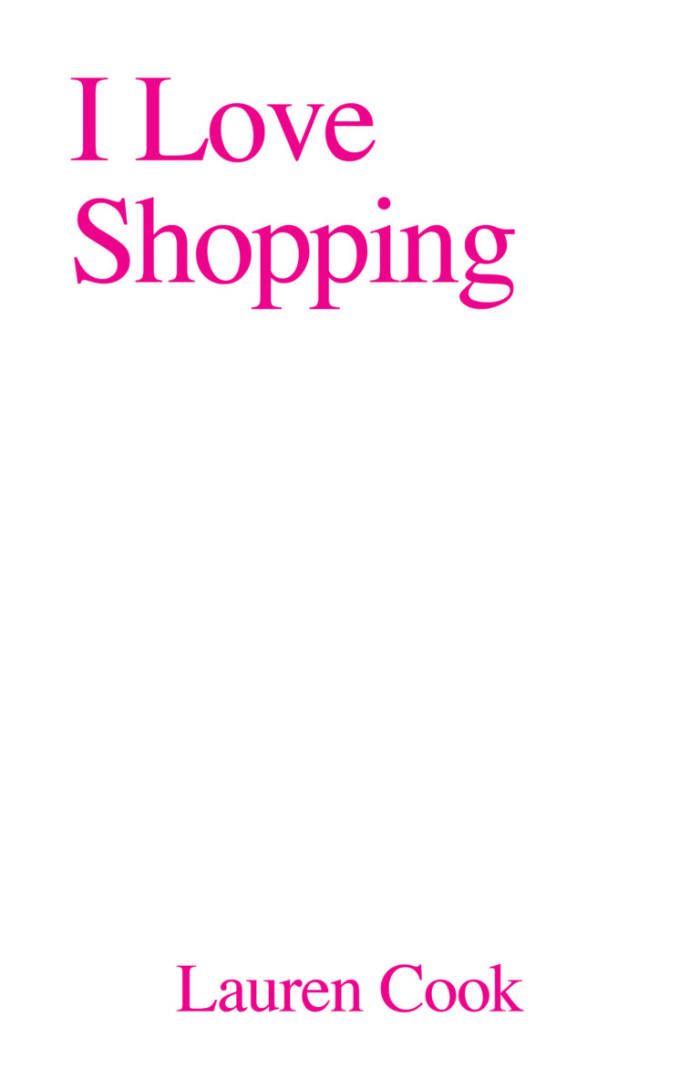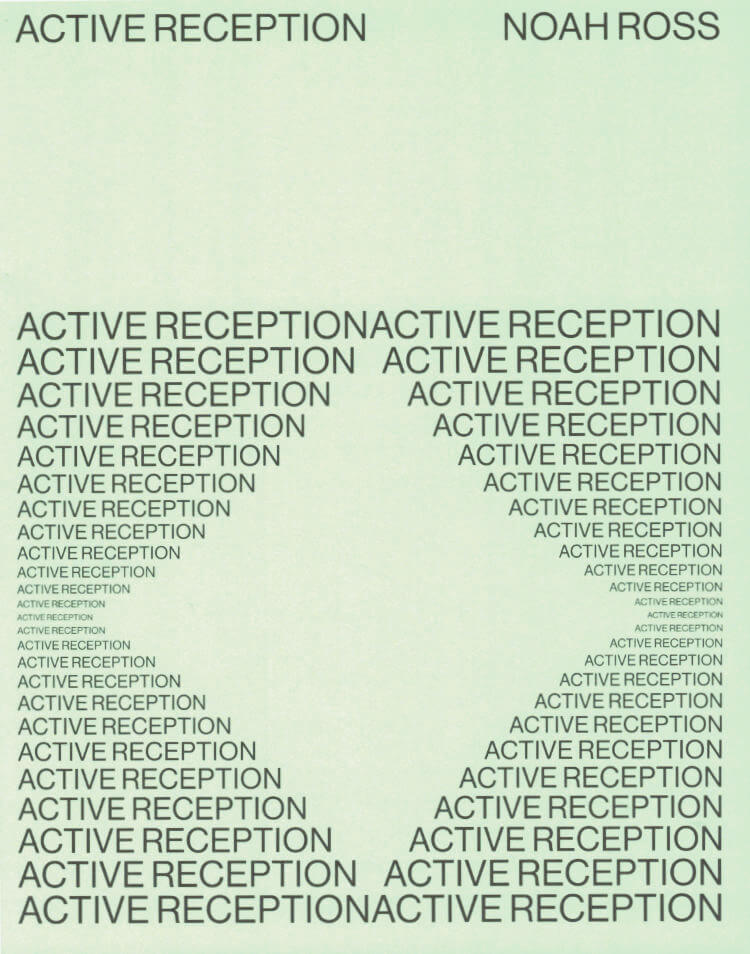
A Feeling Called Heaven
Adopting the role of a death doula or New Age religious leader, and drawing inspiration from the Theater of the Absurd, author Yearous-Algozin prompts readers to accept the already occurring end time. A Feeling Called Heaven oscillates between grief and humor as it imagines the nonhuman world that will grow from the ruins of this one, cultivating a sense of presence and intimacy with the inevitable destruction of our global environment.
Yearous-Algozin is the author of over 20 texts/files including Utopia (2016); Caller Removed (2016); Air the Trees (2012); and the multi-volume work, The Lazarus Project (2010-2013). With Holly Melgard he has co-authored a trilogy of texts: Liqudation (2017), White Trash (2014) and Holly Melgard's Friends and Family (2014). His poetry, poetics, and criticism have appeared in BOMB Magazine, Convolutions, Dreamboat, A Perfect Vacuum, and Social Text, among others. His work has been performed and/or installed at the Museum of Contemporary Art (MoCA), the Museum of Modern Art (MoMA), and The Graphische Sammlung ETH Zürich. Yearous-Algozin is a founding member of the Troll Thread publishing collective and a former co-editor of P-QUEUE (2010-2013). He earned a PhD from the State University of New York at Buffalo and now teaches at Baruch College.
Language: English







